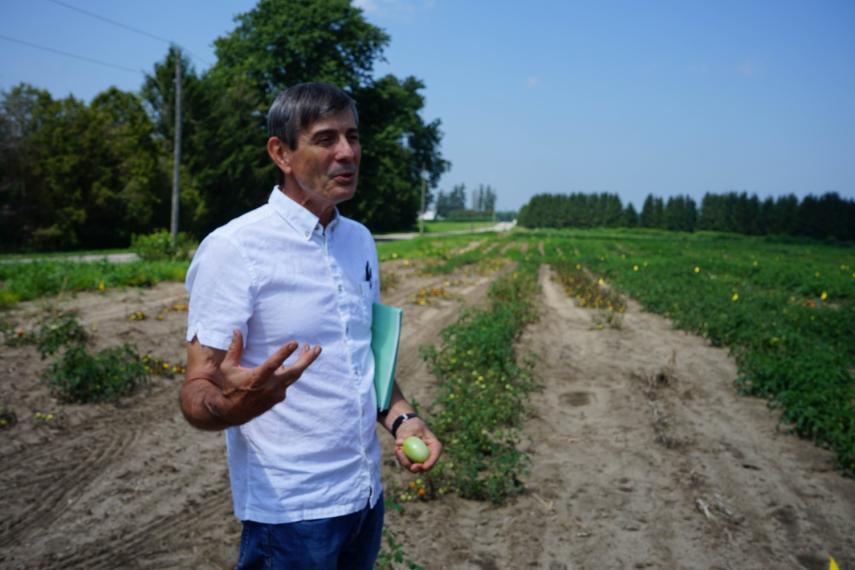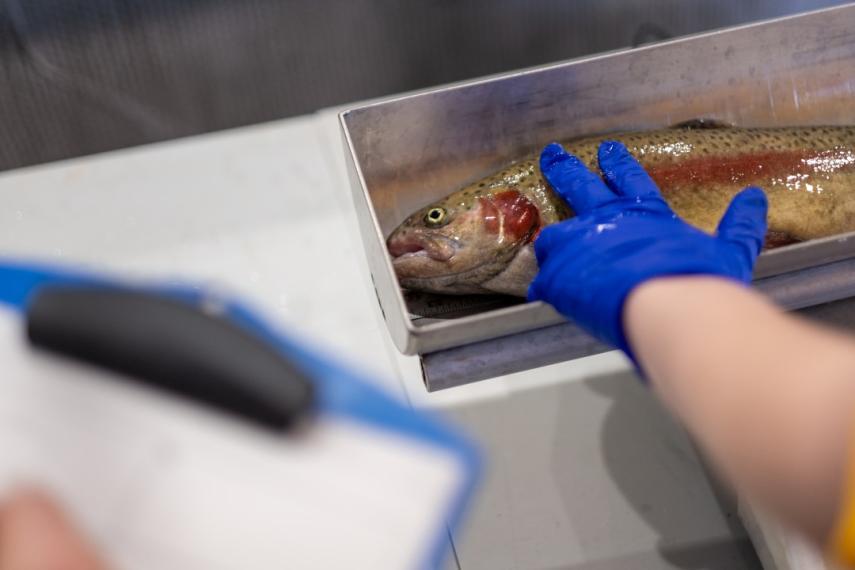Ontario’s Dry Bean Industry Set to Benefit from New Research Capacity with Appointment of Dr. Irish Pabuayon
Pabuayon will join the U of G’s Department of Plant Agriculture in OAC on June 1st and will be based at the University's Ridgetown Campus, strengthening its applied research and extension efforts in bean production. Her position has been made possible through major support from the Ontario Bean Growers (OBG), whose investment in U of G’s bean research program continues to expand innovation for the province’s growers.

